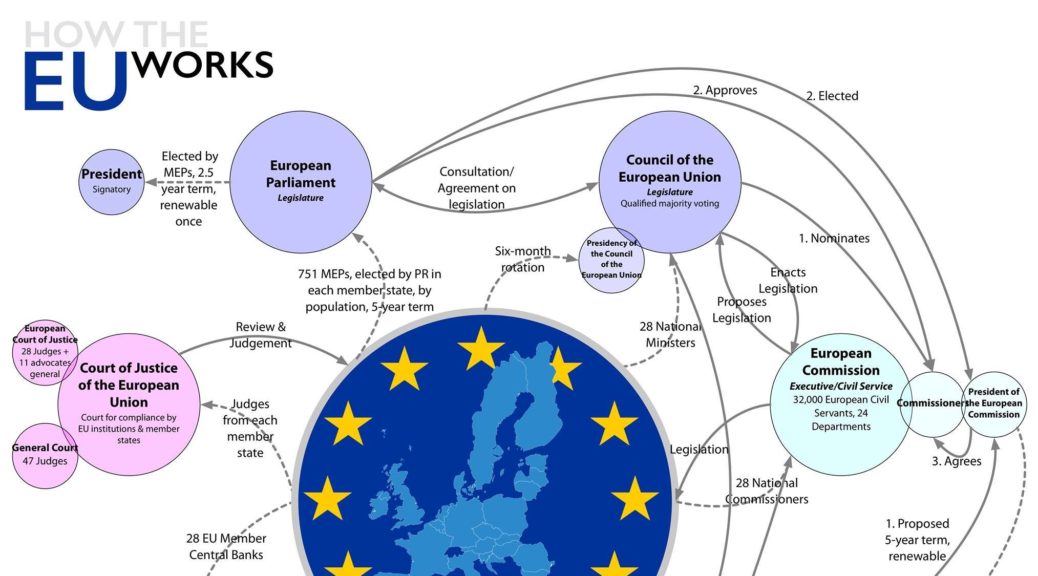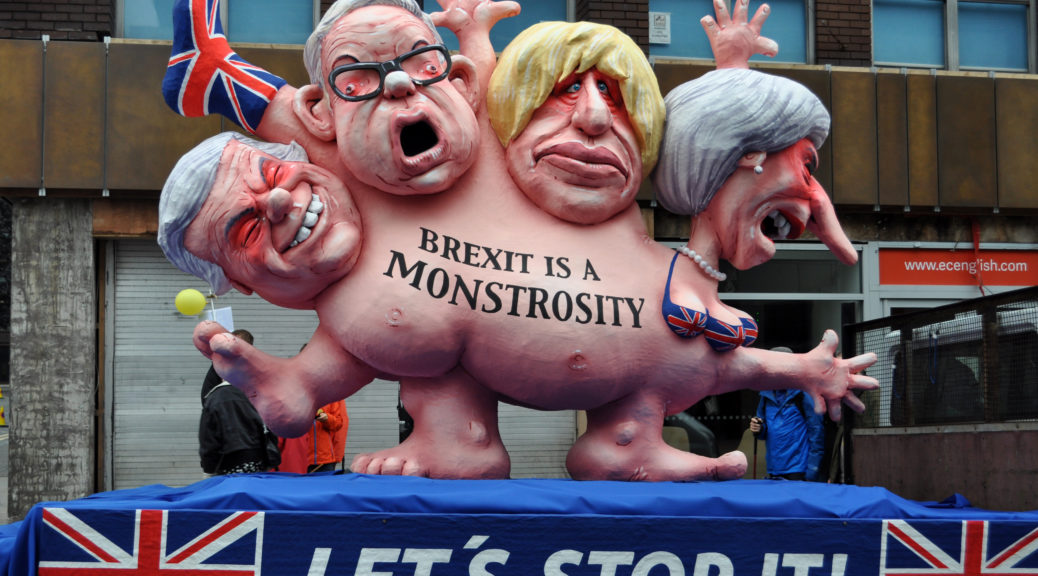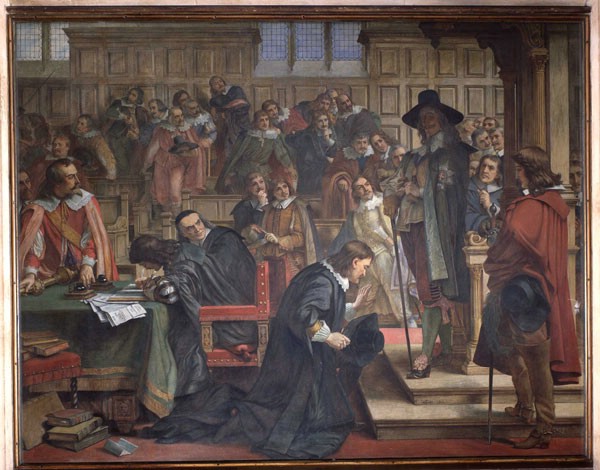Given the hubris of opposition parties of all colours in agreeing an election before Brexit was kicked into touch, we are now faced with The Great Nose-Holding of 2019, in which we can only set aside judgements based on past behaviour and focus on the immediate clear and present danger to our way of life. Continue reading The Tactics of Nose-Holding
Read. The. Memo.
So I did my democratic duty today and rocked up to the “Bollocks to Boris” demo in Glasgow’s George Square. There was a fairly decent turnout, with a diverse crowd pretty much filling the square, music at the east end and the speakers to the west. Lots of EU and Scottish flags at the musical end, whilst the speakers’ end was dominated by what I can only describe as the “Rent-a-Banner” contingent: The Communist and Socialist Workers’ Parties (bless their pointed little heads), assorted 1930s-style union showings and, in the midst, some white-bearded bloke mumbling away into a microphone. Now, I couldn’t actually hear what Corbyn was saying, but the cohort around was definitely pitching the same tired old mantras that we’re all familiar with, from any decade: Destroy the Tories; Resist Racism; Nationalise Everything; Soak The Rich (or whoever they consider “The Rich” to be at any given moment), not one of which is remotely germane to – and which in fact get in the way of – the issue facing us here and now. Didn’t they get the bloody memo?
Easy Gains: Removing VAT on Retrofit Energy-Saving
For all the publicity that the ‘sexy’ side of climate change mitigation gets – wind, wave and solar power or the shift to electric vehicles – all of which are necessary and laudable, the biggest difference that we can make is to reduce our demand for energy in the first place. Continue reading Easy Gains: Removing VAT on Retrofit Energy-Saving
Tactical Scotland (Redux)
TL;DR version [Updated with figures from the YouGov polling of 12-16 May]: If you’re looking for the best possible balance of pro-EU MEPs from the current Scottish List for the May 2019 EU Elections, the tactically smart thing to do is for the current voting intentions for the SNP, LibDems and Greens to hold up, and for any further defections from Labour or Tory to go to either the Scottish Greens or SNP (in that order of preference). Continue reading Tactical Scotland (Redux)
Tactical Scotland
[Update]: According to the latest YouGov poll, the swing to the pro-EU parties from the Con/Lab relics has been even bigger than I’d allowed for in this analysis. So head here for the latest pro-EU Scottish tactical voting recommendations. My previous recommendation was to swing to the SNP, but the figures now suggest that LibDem voters should stay where they are, and that any new swing voters should head for the Scottish Greens or indeed the SNP.
Voting based on the YouGov/TheTimes poll from the end of April would translate to 3 seats to pro-EU parties, 2 for pro-Brexit/anti-EU parties (1 Brexit and 1 Conservative) and 1 for Labour (whatever they are) – the d’Hondt model used in Great Britain is pretty robust in that regard, favouring smaller parties as the count progresses.
A tactical voting model that favoured the SNP at the expense of the Lib Dems and Change UK and the Brexit party at the expense of the Tories and (to a lesser extent) Labour, would give the Scottish MEP list 4 SNP seats, 1 Labour and 1 Brexit, a majority of 3 or 4 for pro-EU candidates, depending on whether Scottish Labour was neutral or pro-EU.
A tactical voting model that favoured the smaller parties (some Conservative and Labour to Brexit and Remain vote from Conservative, Labour and SNP to the LibDems, Scottish Greens and Change UK) would also give four seats to pro-EU parties (two SNP, one Green, one Lib Dem) but would lose Labour its seat, give the Conservatives one and make no difference to the one seat that the Brexit Party would have, thereby reducing the Pro EU majority on the list from 3 or 4 to 2.
There’s been much speculation about the pro-EU parties combining their lists (I think it’s too late for that now). However, changes to the list where the smaller parties came together to combine their lists (LibDem + Change UK, LibDem + Change UK + Scottish Green, then Brexit and UKIP combining votes) actually makes no difference to the overall outcome in terms of Pro/Anti-EU representation. What it would do is gain the centrist alliance a seat at the expense of the SNP.
An alliance of Change UK and the LibDems, using the YouGov figures, would likely achieve no net change: they’d gain a seat at the expense of the Greens.
However, the Scottish Greens on their own have at least a chance of a seat on their own (but only within a 5% sensitivity analysis), so their incentive for cooperation is perhaps limited. As a still largely issue-driven party, their vote is probably also less susceptible to tactical defection.
Now for the detail… Continue reading Tactical Scotland
Kindergarten Politics
On a transatlantic flight last year, I was sat across the aisle from a 3-4 year-old, who was deeply engrossed in playing a puzzle game on her iPad. I couldn’t see what it was, save that it involved ballerinas and unicorns (and, yes, you have just worked out where this is going…). Continue reading Kindergarten Politics
Animal Farm, 2019
As predicted, May’s Pig is still resolutely a pig: all that’s changed is that it’s become even stickier from the frantic application of multiple layers of lipstick. Having been unceremoniously tipped out of its poke, the true horror of its oxymoronic insanity is evident to all, no matter which part of the midden they occupy in the Brexit Civil War.
So, in the absence a dereliction of common sense that’s exceptional, even by current standards (which is to say, it’s possible), May’s deal is going down – and by the full bacon sandwich. Update: it did, by 149 votes. Next… Continue reading Animal Farm, 2019
Democratic Clarity
For nearly three years now, I’ve been trying to engage some of my fellow Britons in meaningful debate, initially about why they’d plan to vote to leave the EU and then about why they voted to leave.
It’s been very depressing – all I’ve found is delusion, denial and the repetition of Daily Mail level mantras such as, “Were taking back control” (they tend not to do apostrophes) or, “We need to get out from under the unelected EU superstate/dictatorship“. Which is a bit rich coming from citizens of a country that, for nearly half a century, has been one of the key players in formulating the structures, processes and decisions of the EEC, the EC and now the EU. Continue reading Democratic Clarity
Brexit naked…
Last night’s vote pretty much removed the middle ground from Brexit. The May ‘agreement’ was constrained by the predictable, consistent and appropriate requirement by the EU for its four fundamental freedoms to be respected in any future relationship. So there’s a very limited range of Brexit options that can be built around that and which maintain any integration whatsoever with the rest of Europe. Which means that anything within shouting distance of the middle ground will look very little different to the motion that was vaporised in the Commons yesterday and would stand about as much chance in any future remix, however and whoever was proposing it.
Order! Order! Holding power to account
Lots of people seem to be getting their fundaments in a knot over Speaker John Bercow’s decision to allow an amendment to the otherwise procedural vote on the Brexit debate, or rather on the UK’s government’s desperation to avoid a meaningful debate. So? The bottom line here is that The Speaker is the representative and protector of the interests of The Commons to the government (and monarchy, at times when that mattered).






